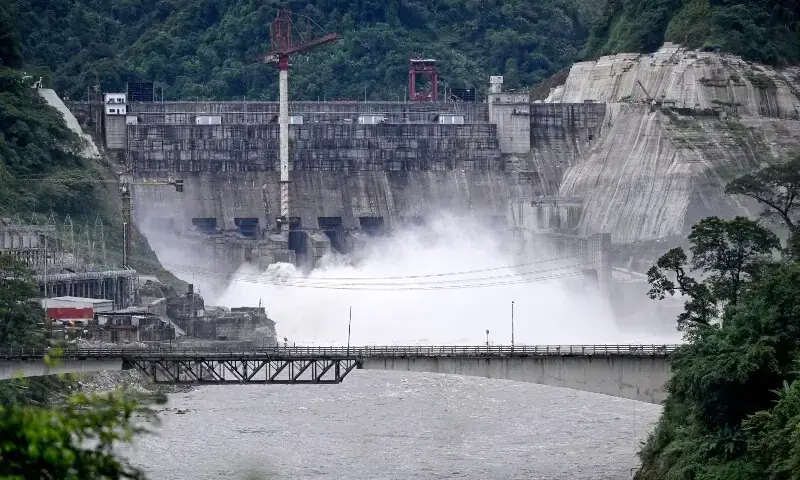Nitish Kumar's Candid Confession: Reflecting on Alliances and Bihar's Future
- Nishadil
- October 25, 2025
- 0 Comments
- 3 minutes read
- 35 Views
- Save
- Follow Topic

Nitish Kumar: RJD Alliance Was a 'Mistake,' My Return to NDA is Right
Bihar Chief Minister Nitish Kumar has publicly declared his recent political partnership with the Rashtriya Janata Dal a 'mistake,' pointing to significant issues with governance and a challenging atmosphere. This candid admission arrives as he realigns, once more, with the NDA.
Well, sometimes a seasoned politician just comes out and says it, doesn't he? Bihar's Chief Minister, Nitish Kumar, has been nothing if not direct lately, publicly declaring that his recent alliance with the Rashtriya Janata Dal (RJD) was, in his very own words, "a mistake." And, honestly, you could almost hear the collective gasp across the political spectrum, even if many had, perhaps, seen this coming.
It’s not often leaders speak with such — shall we say — unvarnished candor about their strategic choices, especially when those choices involve such high stakes. Kumar, a man whose political journey is a tapestry of alliances and realignments, didn't just utter this thought in passing. He voiced it, reportedly, during a Cabinet meeting and then, for good measure, reiterated it later, flanked by leaders from the Bharatiya Janata Party (BJP), his newly re-embraced partners. The crux of his reasoning? The "atmosphere" within that previous 'Mahagathbandhan' (grand alliance) government, he suggested, just wasn't right. He spoke of corruption allegations and, implicitly, a feeling that proper governance was being sidelined. It was, to put it mildly, a challenging period, a significant departure from his vision for Bihar.
This isn't, of course, Nitish Kumar's first dance with political pivots. Far from it. His career is, in truth, a masterclass in strategic maneuvering. Remember when he first left the National Democratic Alliance (NDA) years ago? That was a moment, surely. Then came the unexpected handshake with the RJD in 2015, which led to a brief but impactful coalition. Only to return to the NDA in 2017, citing, if memory serves, similar concerns about corruption. And now, here we are again in 2024, with another shift, another return to the familiar embrace of the NDA. One might wonder: is this a pattern, or simply a deeply pragmatic response to the ever-shifting sands of Indian politics?
But for Kumar, it seems, this latest move isn't merely about political expediency. It’s deeply rooted, he claims, in his commitment to Bihar’s development. He's always been vocal about avoiding a return to what he terms the "jungle raj" – a period, he and his allies argue, characterized by lawlessness and misgovernance. His recent decision, he implies, is a conscious choice to ensure stability, progress, and a governance model that he believes best serves the state. He's not just talking about alliances; he's talking about legacy, about the kind of Bihar he wants to leave behind.
And so, as the political currents continue to swirl, Nitish Kumar stands, once again, with the BJP. His admission about the RJD alliance, while perhaps painful to hear for some, offers a rare glimpse into the calculations and — yes — the perceived "mistakes" that even the most seasoned politicians grapple with. It's a reminder that politics, at its core, is a human endeavor, fraught with difficult choices, and sometimes, a frank acknowledgment of when things just didn't quite work out as planned.
Disclaimer: This article was generated in part using artificial intelligence and may contain errors or omissions. The content is provided for informational purposes only and does not constitute professional advice. We makes no representations or warranties regarding its accuracy, completeness, or reliability. Readers are advised to verify the information independently before relying on
















